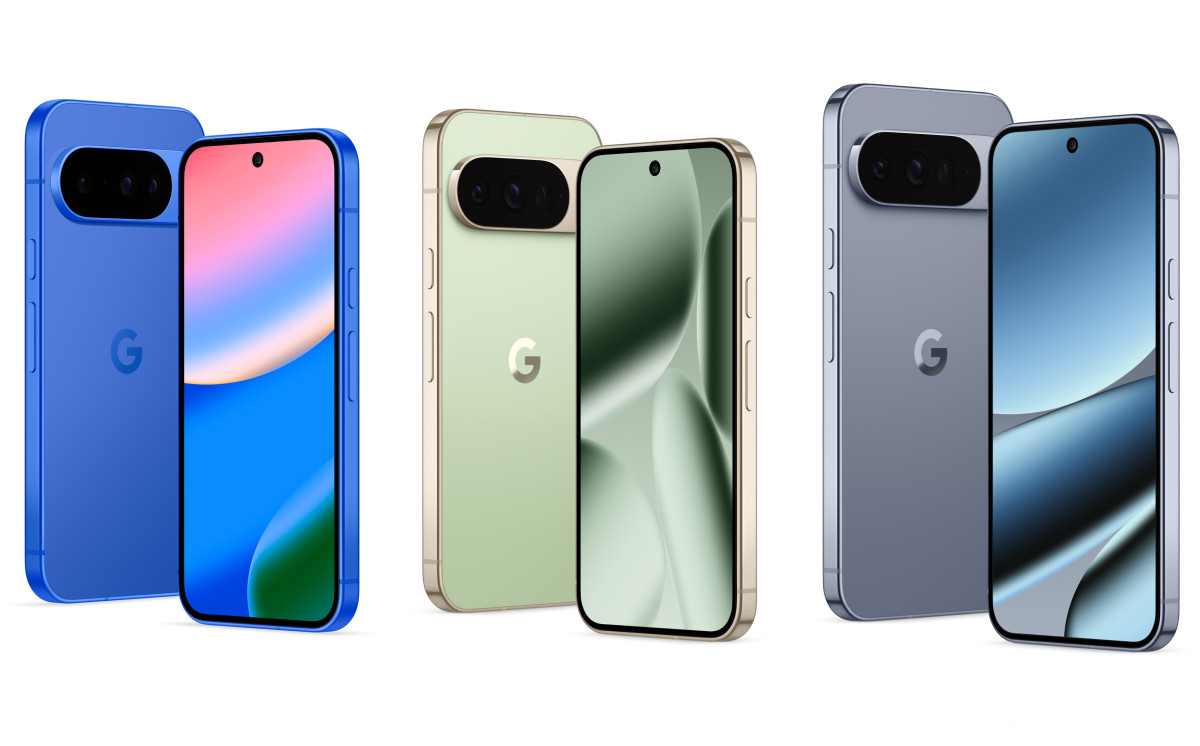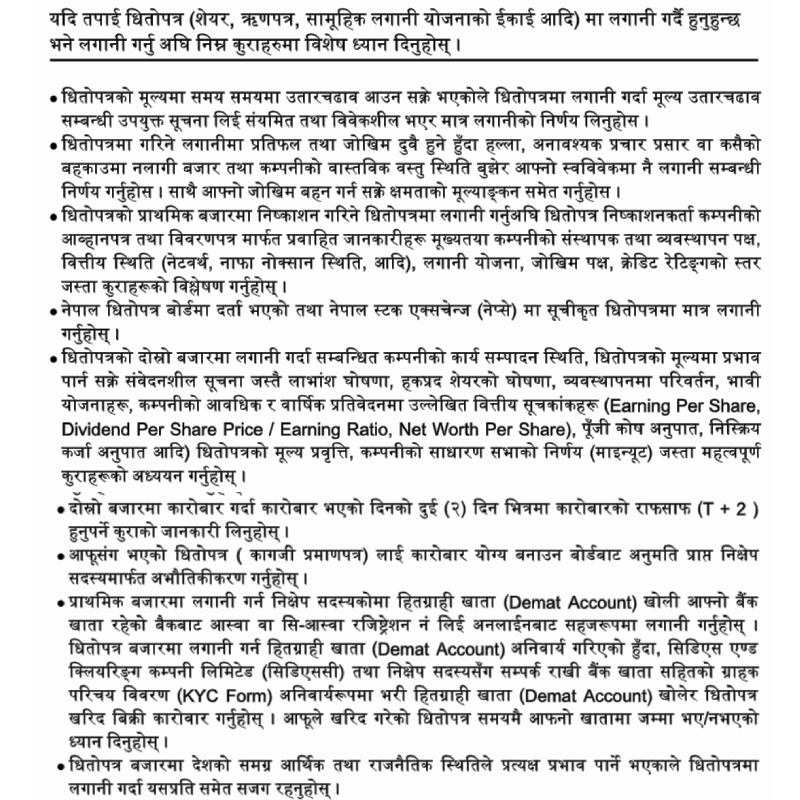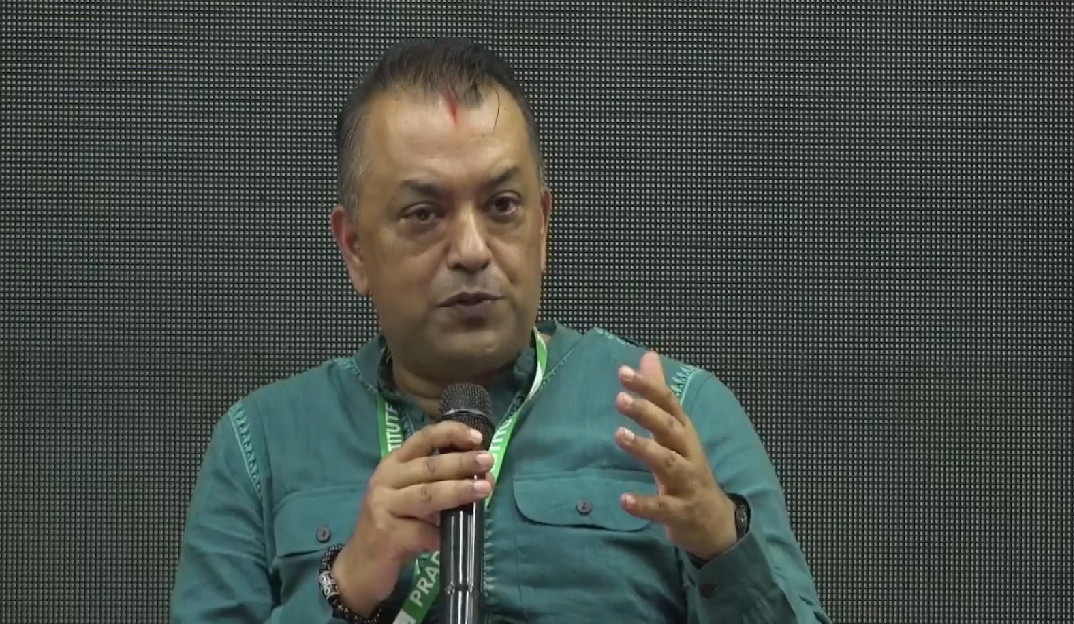Google introduced its new Pixel 10 smartphone lineup on Wednesday, placing artificial intelligence (AI) at the heart of its latest hardware and software offerings.
The announcement, made during a press briefing, showcased a range of new products, including the Pixel 10 series, a foldable phone, an updated Pixel Watch 4, and next-generation Pixel earbuds. All devices are designed to work seamlessly together, powered by Google's advanced AI technology.
“Pixel continues to be the best way for people to try out the latest bleeding-edge AI from Google,” said Tyler Kugler, Google’s product manager.
Although Pixel phones represent a small fraction of the global premium smartphone market, dominated by Apple, Samsung, and Xiaomi, Google sees its in-house hardware as a proving ground for its Android operating system and AI capabilities.
“Initially, Google Pixel devices were designed as a technological showcase to limit Android fragmentation and accelerate innovation,” said Thomas Husson, principal analyst at Forrester. “Ten years later, the strategic challenge is still not to become the market leader, but to demonstrate the value of Google's integrated ecosystem.”
The strategy mirrors Apple’s approach, where tightly integrated hardware, software, and services create a seamless user experience. For Google, the Pixel ecosystem serves both as a counterweight to Apple’s dominance and as a model for its Android partners, including Samsung, which continues to be the world’s top smartphone seller using Google’s software.
In the age of generative AI, Google is positioning Pixel not just as a smartphone, but as a window into what AI can do. The new Pixel devices feature Gemini, Google's AI assistant, which now leverages the phone’s camera to "see" the world around users and provide real-time information, context-aware assistance, or location-based tips.
Gemini can also interpret mood and adjust its responses accordingly. It powers voice commands on the new Pixel Watch 4, which boasts a major design overhaul and enhanced fitness tracking-capable of distinguishing between activities like walking, cycling, or playing tennis.
While Google isn’t alone in the AI-powered phone race-Samsung has integrated similar features into its Galaxy Z Fold7-analysts say Google’s Pixel line remains a hub of experimentation and innovation.
“Its positioning remains premium and its market share is less than 5%, but in the age of AI, it is a true laboratory of innovation,” Husson noted.
He added, “It’s also a means of countering Apple’s integrated hardware-software-services strategy while remaining a strategic partner for Samsung and the Android ecosystem.”

.jpg)







.jpeg)



.gif)




























